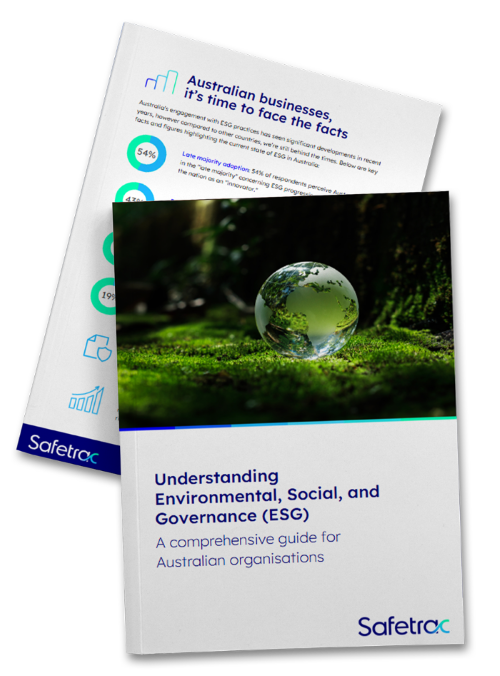AANA steps up to tackle greenwashing: New Environmental Claims Code effective March 2025
- Updated
- 3 min
As more people become aware of their environmental impact, they’re looking to the brands they support to be transparent and truthful about their sustainability efforts. But with the rise of “greenwashing”—where businesses exaggerate or mislead about their environmental credentials—there’s been growing concern about how much consumers can trust these claims. To combat this, the Australian Association of National Advertisers (AANA) is introducing an updated Environmental Claims Code, which went into effect on March 1, 2025. This new Code replaces the previous version that has been in effect since May 1, 2018, and is part of AANA’s effort to ramp up its fight against greenwashing in advertising.
Who is AANA?
The Australian Association of National Advertisers (AANA) is a leading voice in Australia’s advertising industry. They represent businesses and professionals in marketing and advertising, working to ensure that the industry upholds high ethical standards. AANA also collaborates with regulatory bodies like Ad Standards and the Australian Competition and Consumer Commission (ACCC) to make sure advertising stays fair, honest, and in line with community expectations. Their new code is all about keeping advertising transparent and giving consumers more confidence in the environmental claims they see.
What’s changing with the new code?
The new Environmental Claims Code will apply to any advertisement or marketing material that includes an environmental claim. That means whether it’s an ad you see online, on TV, or in print, if a brand is making any claims about their environmental practices, it needs to follow the updated rules.
The Code focuses on five clear principles to help businesses navigate the growing demand for transparency around environmental claims:
These rules ensure environmental claims are clear, truthful, and supported by evidence, boosting consumer confidence and making advertising more transparent.
What happens if you don’t comply?
If a brand doesn’t comply with the new Code, complaints can be lodged with Ad Standards, Australia’s advertising regulator. If a complaint is upheld, the business must amend or remove the ad, and the case will be made public. Misleading or false claims could lead to legal action under Australian Consumer Law (ACL), damaging the business’s reputation and causing financial consequences.
Why does this matter?
This update is a big step in making sure that businesses are held accountable for the environmental claims they make. As more Australians choose to support sustainable brands, it’s crucial for businesses to be transparent about their practices. This not only helps avoid legal issues but also builds trust, ensuring consumers can rely on advertising claims.
This new Code offers businesses an opportunity to strengthen relationships with customers by being transparent about environmental impact. It emphasises the importance of backing claims with solid evidence to build credibility and boost consumer trust.
Want to dive deeper into ESG practices? Download our free whitepaper
Stay ahead of the curve on sustainability and responsible business practices. Download our whitepaper and gain valuable insights to help guide your ESG strategy with confidence.

Get the latest news
Stay updated with the latest news and expert insights on compliance, legislation, and industry trends.
